Stay Warm and Save Money with These Autumn Energy Tips
As the weather gets cooler, most of us are closing our windows and getting ready to turn the heat on in our homes. But as we all know, using the...
3 min read
 Jackie Moore
:
12:09 PM on January 13, 2022
Jackie Moore
:
12:09 PM on January 13, 2022
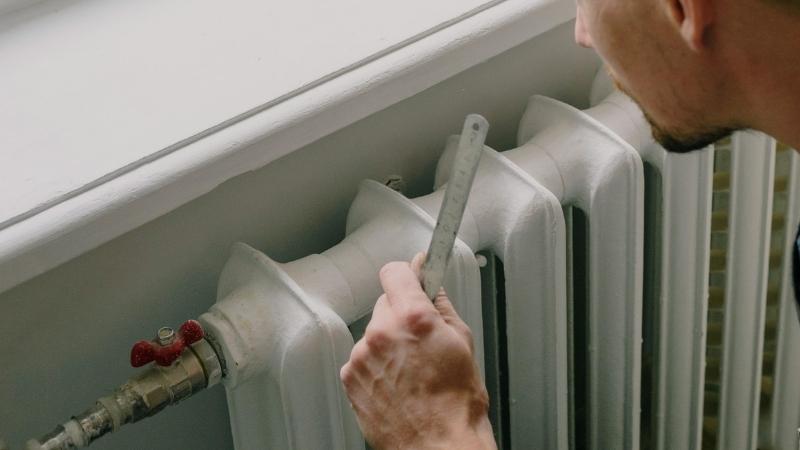
Winters in Minnesota are well-known for being both cold and snowy, and we’ve certainly had a lot of both this year. Keeping your home warm in such frigid weather is important not only for your comfort, but for your health, too. The generally accepted temperature for a healthy home is considered to be above about 64°F, or higher for vulnerable populations.
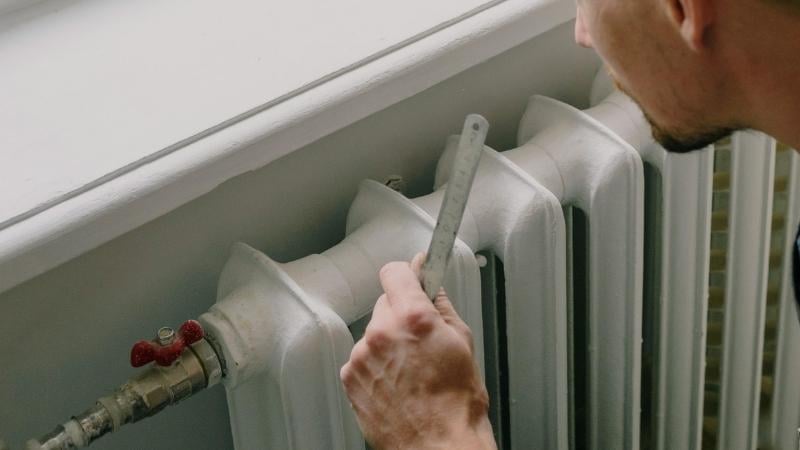
Some of the ways cold air can affect your health includes the narrowing of blood vessels, which can lead to high blood pressure and a higher risk for heart attacks. Cold air also inflames the lungs, which can exacerbate asthma, especially in children and seniors. Older people are also at risk for hypothermia in cooler homes. Finally, mental health has been shown to decrease in home with temperatures lower than 64°.
Keeping a home well-heated in the winter isn’t always as easy as it sounds. A lack of insulation and airtightness can affect the temperature of a home, in addition to not having a functioning or reliable source of heat. These factors are more common in poorly-built older buildings, in which lower-income residents frequently reside.
Luckily, there are plenty of resources available in Minnesota to help both keep your utilities on and weatherize your home for these cold months.
The Energy Assistance Program (EAP) is a federally funded program. Grants (ranging from $300 - $2,000) are paid directly to your energy provider or utility company for your bill, which can help with:
Grants are based on energy cost, household size, and income (at or below 60% of Median Area Income), and are available to both renters and homeowners.
The Weatherization Assistance Program is an associated program that can help residents with upgrades to decrease their energy costs, such as:
Contact information for questions and application information:
Minnesota’s Cold Weather Rule (CWR) is a state law. This law protects utility customers from having electric or natural gas turned off between October 1 and April 30.
The Energy CENTS Coalition administers two programs that help homeowners afford their utility bills – the Xcel Energy POWER On & Gas Affordability Program, and Greater Minnesota Gas’ Gas Affordability Program. If you have a past-due balance from before applying for the program, both programs will assist with paying past due balances.
**Participants must have first received a grant for the Energy Assistance Program.
You can submit an application by filling out a form online, downloading an application, or calling one of the numbers below to have an application mailed to you.
Twin Cities: 651-774-9010
Outside Metro: 1-888-774-9070
The Salvation Army HeatShare Program is an emergency utility assistance program for individuals and families that have exhausted all other options, including county, state, and other assistance.
Assistance is provided based on need and program funding. Individuals must provide proof of denial of services to qualify.
Call 1-800-842-7279 to find assistance in your area.
This program is supported by individual donors, local utility companies, and nonprofit organizations. Some supporters are: CenterPoint Energy, Xcel Energy, MERC, Minnesota Power, Rural Electric Associations of Minnesota, Minnesota Municipal Utilities, Minnesota Mechanical Contractors Association, Duluth ComfortSystems and Minnesota Active Retirees.
For other resources not listed here, you can dial 2-1-1 or visit http://www.211.org/
Your gift unlocks bright futures! Donate now to create, preserve, and promote affordable homeownership in the Twin Cities.
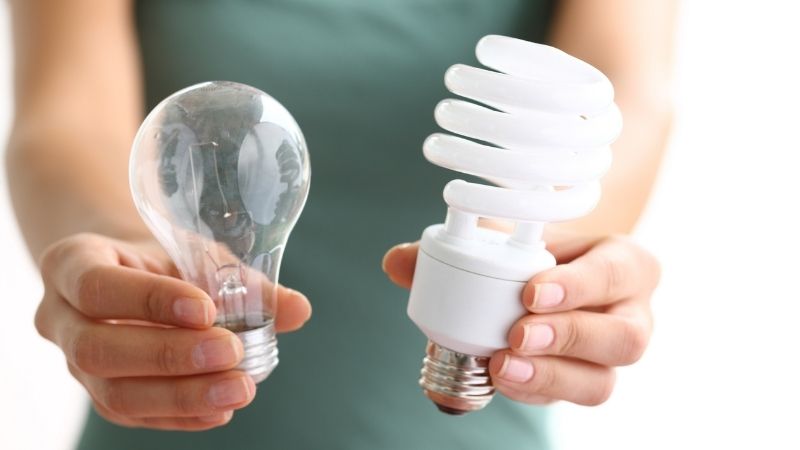
As the weather gets cooler, most of us are closing our windows and getting ready to turn the heat on in our homes. But as we all know, using the...
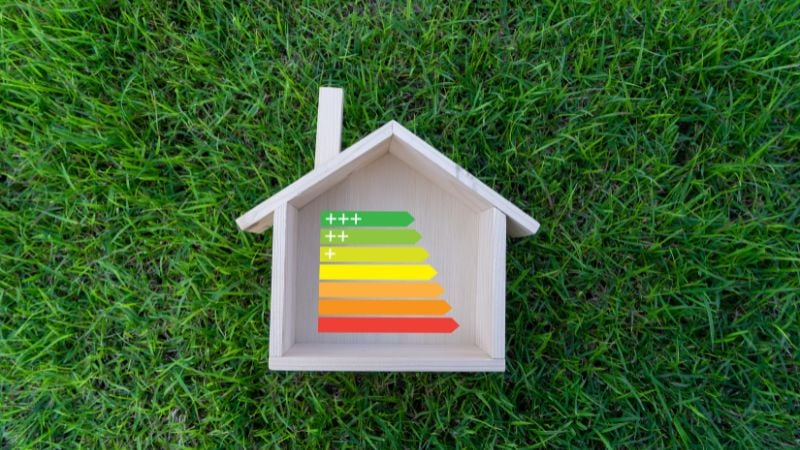
While Twin Cities Habitat for Humanity works to create, preserve, and promote affordable housing in the metro area, we’re also one of the leaders in...
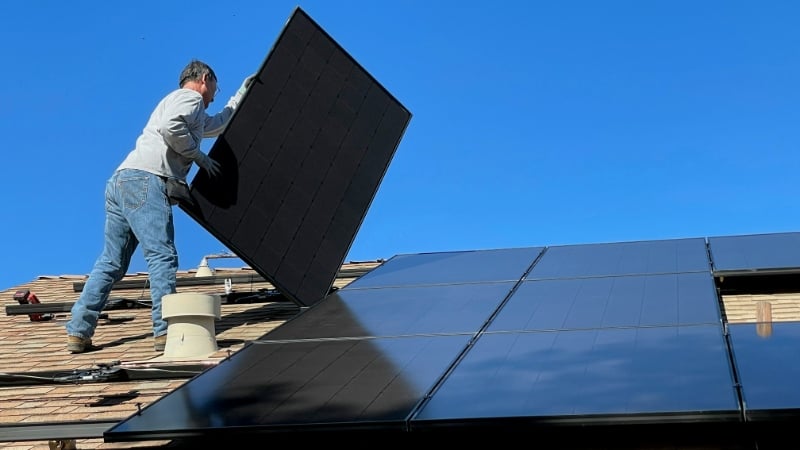
Recent changes to utility rebates and tax incentives make now a great time for Habitat homeowners to explore going solar. The Low-Income Solar...